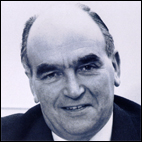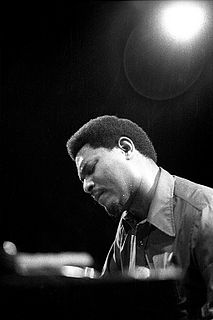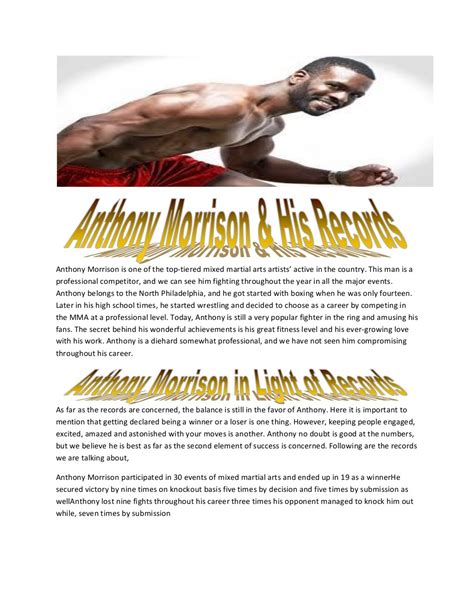A Quote by Saba Qamar
I am very sweet generally, but if someone tries to be over-smart by speaking to me in fancy English, then I go: 'who are you?' It isn't right.
Related Quotes
It was probably very difficult to go from Chinese and then suddenly go to kindergarten and start speaking English; it's very hard to transition back and forth when you are in that pivotal age. It's also hard to transition back, but if I was immersed in the country for a given amount of time, you are surrounded by it, everyone is speaking, you are learning new things, you are practicing all the time.
Gimme the tune. Do I like this tune? Does it sound like another tune that I like? The more familiar it is, the better I like it. Hear those three notes there? Those are the three notes I can sing along with. I like those notes very, very much. Give me a beat. Not a fancy one. Give me a GOOD BEAT -- something I can dance to. It has to go boom-bap, boom-boom-BAP. If it doesn't, I will hate it very, very much. Also, I want it right away -- and then, write me some more songs like that -- over and over and over again, because I'm really into music.
My parents both left school at 14, but my parents are incredibly smart, successful, thoughtful people. So one of the lessons I learned from my parents is that the fancy degree is just a foot in the door, and there are a lot of very smart people out there who don't necessarily have the fancy degrees. And given the opportunity, they can do amazing things.
If I'm very drunk, I can improvise. But generally speaking, no. Generally speaking, almost all of my work is material that was first done on the printed page. And the shorter ones that you might call poems, I had a stretch from '79, '80, for five or six years, where I wrote a lot of poetry as such. Simply because I was asked to.
Usually I'll drive to certain locations over and over again, over a course of months really. And then it might just be I hit it at the right time, and the right light. And then I might go to that location over and over again, and then what happens in that lag time where - the image sort of locks in - all of a sudden I see it in my mind's eye.
Sometimes I'll be confident and go into a shop and say, "Hello, yeah, all right," and then the next day, if someone looks at me or talks to me, I just don't know what to do. If you're walking down the street with a baseball cap, you might be fine. But if you're in a pub and you see someone look at you, you think the worst thing in the world now is if they come over. It's a really weird feeling.




































